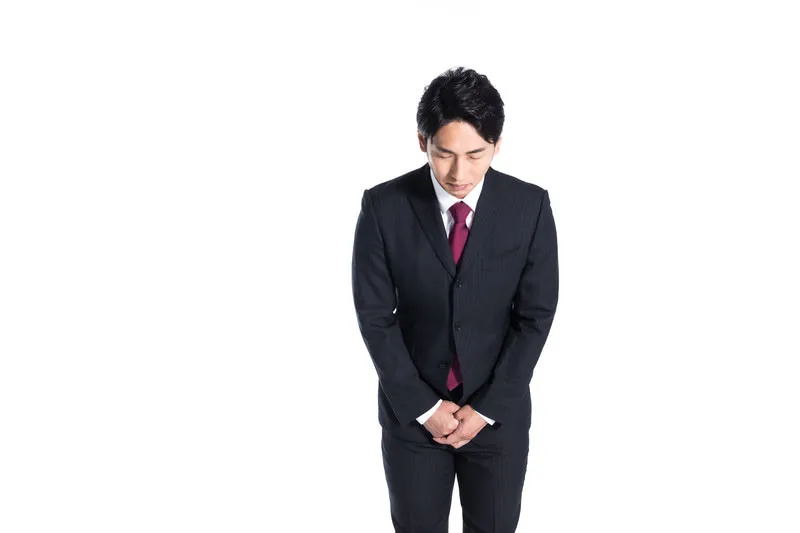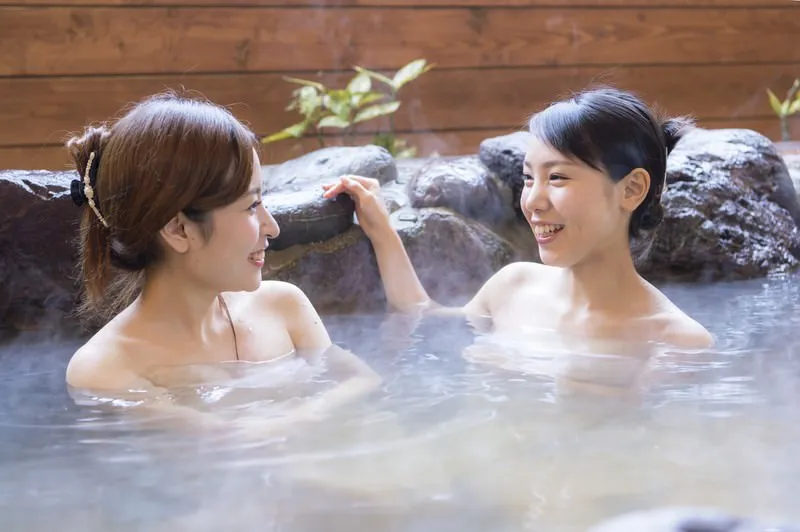November 30, 2023
Japanese Social Norms: A Window into Cultural Etiquette
Understanding Japanese Social Norms: Key Cultural Etiquette for Visitors in Japan
Understanding Japanese social norms and cultural etiquette is essential for visitors to Japan. This article explores key social norms, such as bowing, that reflect the countrys emphasis on respect and conformity. By following proper bowing etiquette and showing respect for local customs, visitors can successfully navigate Japanese society and immerse themselves in the rich cultural heritage of Japan.
Japan is a country with a rich cultural heritage and deep-rooted traditions. Japanese society places a strong emphasis on social etiquette and conformity, which is reflected in their social norms. Understanding these norms is crucial for visitors to navigate Japan successfully and to show respect for the local customs. In this article, we will explore some of the key social norms in Japan and provide insights into Japanese culture.
1. Bowing: The Art of Greeting
In Japan, bowing is a fundamental part of daily interactions. It is a way to show respect, gratitude, and appreciation. The depth and duration of the bow vary depending on the situation and the person being greeted. Generally, a slight nod of the head is sufficient for casual encounters, while deeper bows are required for formal occasions or when showing great respect. When greeting someone in Japan, it is best to follow their lead in terms of bowing etiquette.
2. Removing Shoes: Keeping it Clean
Removing shoes before entering a Japanese home, traditional inn (ryokan), or certain establishments is a widely practiced custom. It represents a way of maintaining cleanliness and hygiene indoors. When entering such places, youll find an area designated to store your shoes. It is essential to remove them and put on slippers provided, ensuring not to step on the raised flooring with your shoes or slippers.
3. Silence and Non-Verbal Communication
In Japanese society, silence holds significance and is often considered a sign of respect or attentiveness. It is common for Japanese people to remain quiet during conversations, especially in formal settings. Additionally, non-verbal cues, like facial expressions and body language, play a vital role in communication. Paying attention to these subtleties can provide valuable insights into a persons thoughts or feelings.
4. Gift-Giving: A Gesture of Appreciation
Gift-giving plays an important role in Japanese culture, serving as a gesture of appreciation, gratitude, or apology. When presenting a gift, it is customary to give it using both hands or with a slight bow. The recipient often reciprocates by providing a gift of similar value or by expressing gratitude. It is important to note that gift-giving in Japan follows certain protocols, such as avoiding white wrapping paper and refraining from giving items in sets of four.
5. Queuing: Harmony and Orderliness
Japan is renowned for its orderly queues. Whether its at a train station, for a bus, or even while waiting to enter a restaurant, the Japanese adhere to queueing etiquette. People patiently wait in line, avoiding pushing or cutting ahead. It is essential to respect the order and maintain a sense of harmony, even during crowded situations.
6. Onsen Etiquette: Bathing Rituals
Onsens, traditional Japanese hot springs, hold cultural significance, and following proper etiquette is essential. Before entering an onsen, visitors are expected to wash their bodies thoroughly. Tattoos are generally not allowed, as they are associated with the yakuza (Japanese mafia). Additionally, modesty is paramount, and it is important to respect the privacy of others by refraining from taking photos or speaking loudly in the bathing area.
Conclusion
Japanese social norms are deeply rooted in their culture and history. By respecting and embracing these norms, visitors can foster positive interactions, gain a deeper understanding of Japanese society, and make the most of their experiences in this beautiful country.




